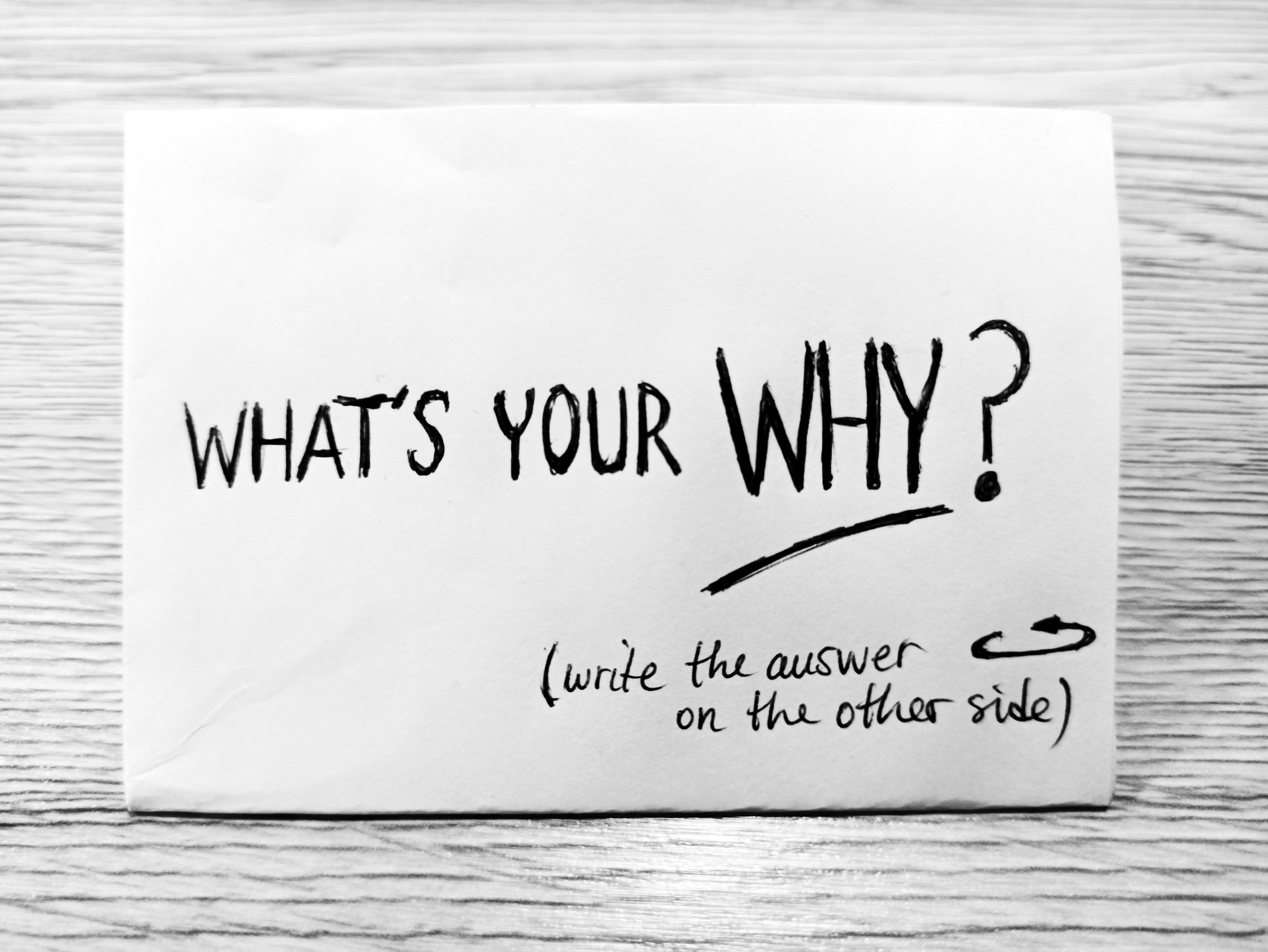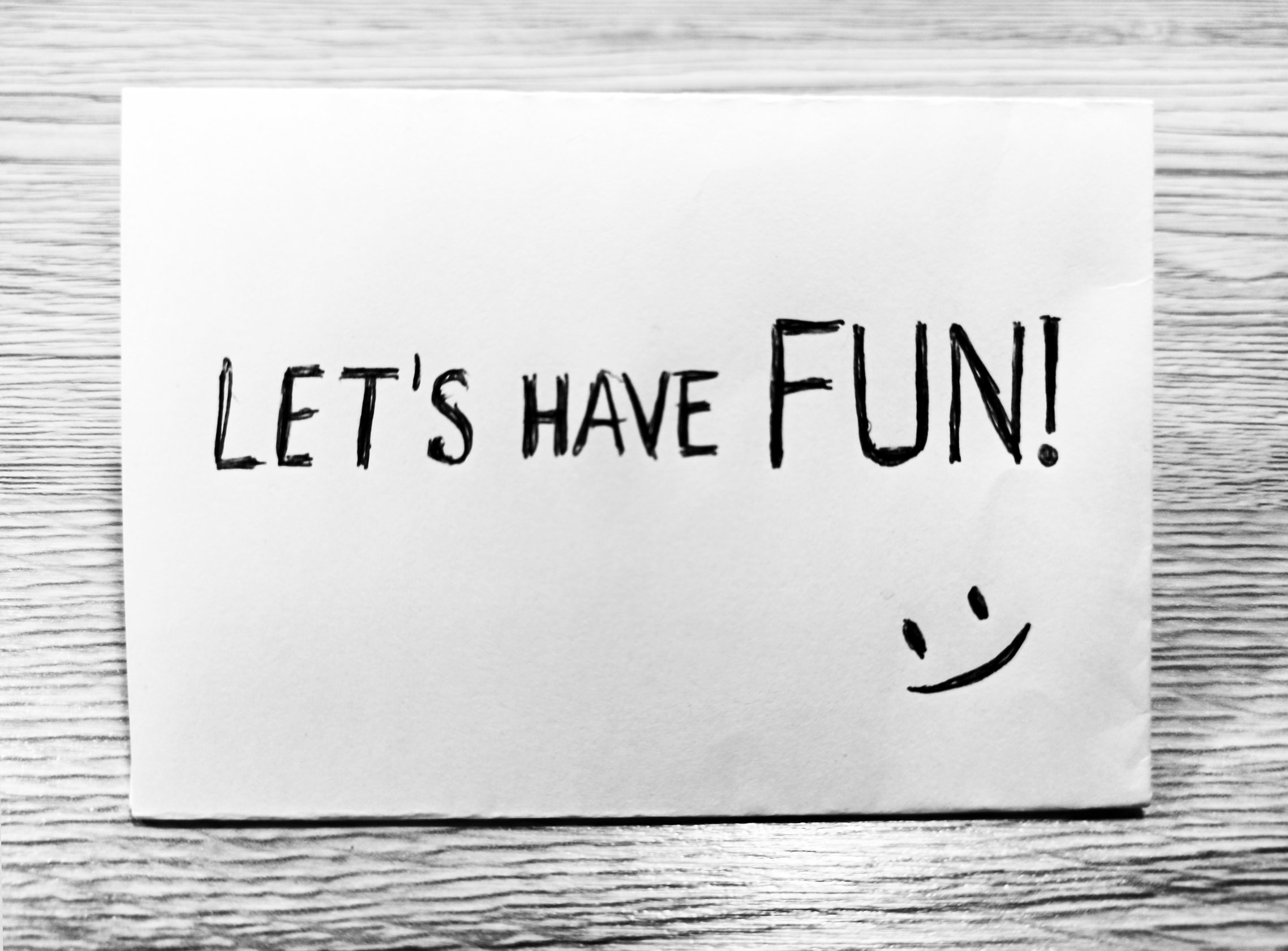POSTS
Micro-breaks and two Monday Mantras to supercharge them
by Luis P. Prieto, - 7 minutes read - 1377 wordsWhen we are writing a research paper, we need to find long stretches of focused time to get that writing done. Yet, even if we find them, can we really sustain intense focus during two or more hours? Today’s post looks at a research-backed and often overlooked tool in our productivity toolbox: the micro-break. To top it up, I provide two “monday mantras” to make your micro-breaks even more effective.
This past month, it seemed like everyone was writing papers. I was, for sure, and most of my PhD students were as well. In a couple of small “writing retreats”, I found even more people trying to focus and get some writing done.
I have written elsewhere about the need to focus on just one thing for long periods of time, in order to get stuff done. Others, like productivity guru Cal Newport, have written eloquently about “timeblocking” (i.e., separating out considerable blocks of uninterrupted time to work single-mindedly on an important task). This and other related techniques are crucial to get “deep work” done. Indeed, for a few years I’ve used these techniques myself (along with some chronobiology tweaks), and I have never looked back.
Personally, I need an uninterrupted two-hour block (at least!) to move the needle in hard creative/analytical tasks like writing a scientific paper. But… can we really focus for two or more hours on something? Most of us actually can’t1. As a prelude of the next chronobiology post (on the topic of breaks), I will quickly highlight a research-backed, underrated way of making these long stretches of concentration possible.
Enter the micro-break.
Micro-breaks
What is a micro-break? Put simply, it is a short resting period within the performance of a task (some of the research defines it as spanning less than 10 minutes). Those of you familiar with the “pomodoro technique”, have already been doing micro-breaks, as it is a series of intervals of 25 minutes of focused work followed by 5 minutes of rest.
Why do micro-breaks? Well, because there are a ton of studies that show that these small breaks improve our performance2,3. They enhance our attention4, reduce fatigue3, give us more energy5, and a long et cetera of benefits.
When to do micro-breaks? This is an interesting one. Rather than stopping for a micro-break whenever you feel like it (i.e., whenever your brain decides to self-interrupt), it is probably better to time your breaks (as you do when doing “pomodoros”). Some studies show that people often self-interrupt for breaks as a way to avoid uncomfortable tasks6. This, however, is not an impulse we want to routinely give in to (in those cases, maybe try the “sitting with uncertainty” exercise). Whether you set the timer for 25, 35, or 55 minutes, is more a matter of personal preference and, maybe, of the kind of task. Try and find out what works best for you.
How to do a micro-break? As several studies have shown, not all micro-breaks are equal2,5,7,8. Breaks that do not seem to provide much benefit include: those involving caffeinated beverages7, having a snack, or cognitive activities like checking your email or your mobile phone8. The micro-break activities that seem to work best include: resting your eyesight by looking at something far away (as in the 20-20-20 technique for breaks), stretching4 or other “office yoga”. Breathing, meditation or relaxation exercises2,7 also seem to work (e.g., the classic “boxed breathing”, or the “water breathing” exercise mentioned in this TED talk). Or simply go for a walk … e.g., to the fountain to fill your cup with water (hydration is good too!)3.
Then, to end the micro-break on a high note and regain focus, connect with a positive aspect of the task at hand. How do you do that? Use one of the “monday mantras” below.
Connect with your purpose
Having a sense of ultimate purpose for what we do in the PhD has already featured several times in this blog: as a way to cultivate more happiness in our everyday research work, or when making important decisions about the PhD. Why did you start the PhD, what were you trying to accomplish? Was it about personal development? About getting a better job so that you can provide for your family? Or was it about finding a solution to some problem that people have? Write down in the other side of the card, in the most concrete terms possible, what is your reason, you why for doing the PhD. Some will prefer to paste a photo of those that will benefit, or some other symbol of this reason. Suit yourself.
Before coming back to your task, take a look at the card, remember that you are doing the writing for that very good reason. Now, focus back on the work.
Or…
Connect with fun!
This is similar to another mantra we gave when the pandemic started. We often look at these focus/writing sessions as a thing to “power through” – as a duty, a necessary evil we need to suffer so that we can get to the other side. And yet, writing (or whatever focus task you’re doing) is fun! There are people that do it pretty much for free, as a hobby. Are you sure that you are not, deep down, one of these people that actually enjoy this activity? Once you get into it and forget about all the fears, identifications and extraneous stuff we tend to layer on top of it, isn’t writing fun? Yes, it is difficult, but so was the last level of Super Mario… and yet, it was fun.
If the word “fun” does not cut it for you, maybe there is a different positive quality that better describes what the research means for you, be it “beauty”, “accuracy”, “elegance”, “completeness”, “simplicity”… The point is to highlight the work itself as something worthy, enjoyable, not just something instrumental we do in order to get something else.
I have been writing this blog for almost two years now… do you think I “power through” writing these blog posts when I sit in a quiet place, put away my phone and put on the headphones? No! Rather than running from the pain of having to do it, I run towards these positive qualities of writing the blog: purpose and fun.
Do not use these qualities as yet another tactic to self-manipulate.
Do it because they are truly so.
Did you try doing micro-breaks more regularly? Do you have other tricks or tactics you use to keep yourself focused for long periods of time? Let us know in the comments section below!
Header image by Pikist
-
Helton, W. S., & Russell, P. N. (2015). Rest is best: The role of rest and task interruptions on vigilance. Cognition, 134, 165–173. https://doi.org/10.1016/j.cognition.2014.10.001 ↩︎
-
Kim, S., Park, Y., & Headrick, L. (2018). Daily micro-breaks and job performance: General work engagement as a cross-level moderator. Journal of Applied Psychology, 103(7), 772–786. https://doi.org/10.1037/apl0000308 ↩︎
-
Zacher, H., Brailsford, H. A., & Parker, S. L. (2014). Micro-breaks matter: A diary study on the effects of energy management strategies on occupational well-being. Journal of Vocational Behavior, 85(3), 287–297. https://doi.org/10.1016/j.jvb.2014.08.005 ↩︎
-
Park, A. E., Zahiri, H. R., Hallbeck, M. S., Augenstein, V., Sutton, E., Yu, D., Lowndes, B. R., & Bingener, J. (2017). Intraoperative “Micro Breaks” With Targeted Stretching Enhance Surgeon Physical Function and Mental Focus: A Multicenter Cohort Study. Annals of Surgery, 265(2), 340–346. https://doi.org/10.1097/SLA.0000000000001665 ↩︎
-
Bennett, A. A., Gabriel, A. S., & Calderwood, C. (2020). Examining the interplay of micro-break durations and activities for employee recovery: A mixed-methods investigation. Journal of Occupational Health Psychology, 25(2), 126–142. https://doi.org/10.1037/ocp0000168 ↩︎
-
Bosch, C., & Sonnentag, S. (2019). Should I take a break? A daily reconstruction study on predicting micro-breaks at work. International Journal of Stress Management, 26(4), 378–388. https://doi.org/10.1037/str0000117 ↩︎
-
Fritz, C., Lam, C. F., & Spreitzer, G. M. (2011). It’s the little things that matter: An examination of knowledge workers’ energy management. Academy of Management Perspectives, 25(3), 28–39. ↩︎
-
Kim, S., Park, Y., & Niu, Q. (2017). Micro-break activities at work to recover from daily work demands: Micro-Break Activities. Journal of Organizational Behavior, 38(1), 28–44. https://doi.org/10.1002/job.2109 ↩︎

Luis P. Prieto
Luis P. is a Ramón y Cajal research fellow at the University of Valladolid (Spain), investigating learning technologies, especially learning analytics. He is also an avid learner about doctoral education and supervision, and he's the main author at the A Happy PhD blog.

